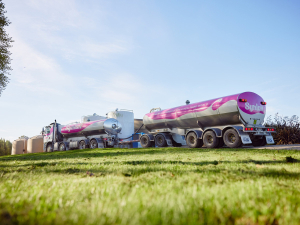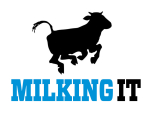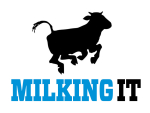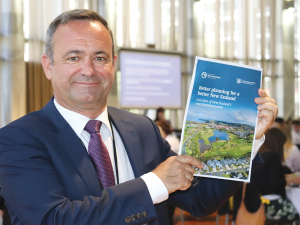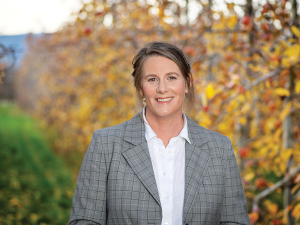The Canterbury-based company is undertaking a strategy and capital structure refresh, including an asset review.
In a statement to NZX this morning, Synlait says to ensure greater focus and execution of its overall business strategy, the company intends to evaluate the divestment of Dairyworks and Talbot Forest Cheese.
Last month, Synlait announced a profit downgrade amid signs of a strained relationship with key customer and stakeholder, a2 Mik Company.
A month after announcing a net profit after tax (NPAT) guidance of between $15 and $25 million for the 2023 financial year, the listed company issued a new NPAT guidance of a net loss of $5m to a net profit of $5m. The shock turnaround spooked investors, and Synlait's share price fell sharply.
The company says it now intends to focus on its advance nutrition and foodservice businesses.
Synlait says it has a clear competitive advantage, or right to win, in its Advanced Nutrition and Foodservice businesses. It also has a disciplined and well-run Ingredients business.
“The divestment of Dairyworks and Talbot Forest Cheese will enable Synlait to focus solely on growing the highest margin segments of its value-add, B2B Advanced Nutrition and Foodservice businesses, where Synlait has world-class capability and capacity in terms of its current asset bases and know-how at Dunsandel and Pokeno.”
In August 2019, Synlait paid $38m for Talbot Cheese; two months later, it forked out $112m for Dairyworks, owners of Rolling Meadow and Alpine consumer brands. Back then, Synlait had said the acquisitions would help deliver its ‘Everyday Dairy’ strategy.
Synlait chief executive Grant Watson this morning spoke highly of Dairyworks but says it’s no longer core to the company’s growth strategy.
“Dairyworks is an excellent business. It delivers cheese products to various channels under a portfolio of well-known household brands.
“Despite having extremely strong capability across consumer, brand, customer, and procurement, Dairyworks is not core to Synlait’s diversified growth strategy and does not leverage our core right to win competencies in Advanced Nutrition and Foodservice.”
Watson says Synlait needs to focus on the business units where it has “a clear right to win”.
“Although the performance of Dairyworks has met expectations, the intended divestment of Dairyworks, and Talbot Forest Cheese, will enable us to help deliver against an increasingly focussed strategy."
Dairyworks chief executive Tim Carter says “Synlait has enabled Dairyworks to build its growth aspirations over a short period of time.
“We now need to transition to having a greater reach globally, and this requires an owner which will continue to help us unlock further export markets while continuing to grow and support the great core market we have developed here in New Zealand and Australia.”
Synlait has engaged investment banking firm Jarden to advise on the divestment.

